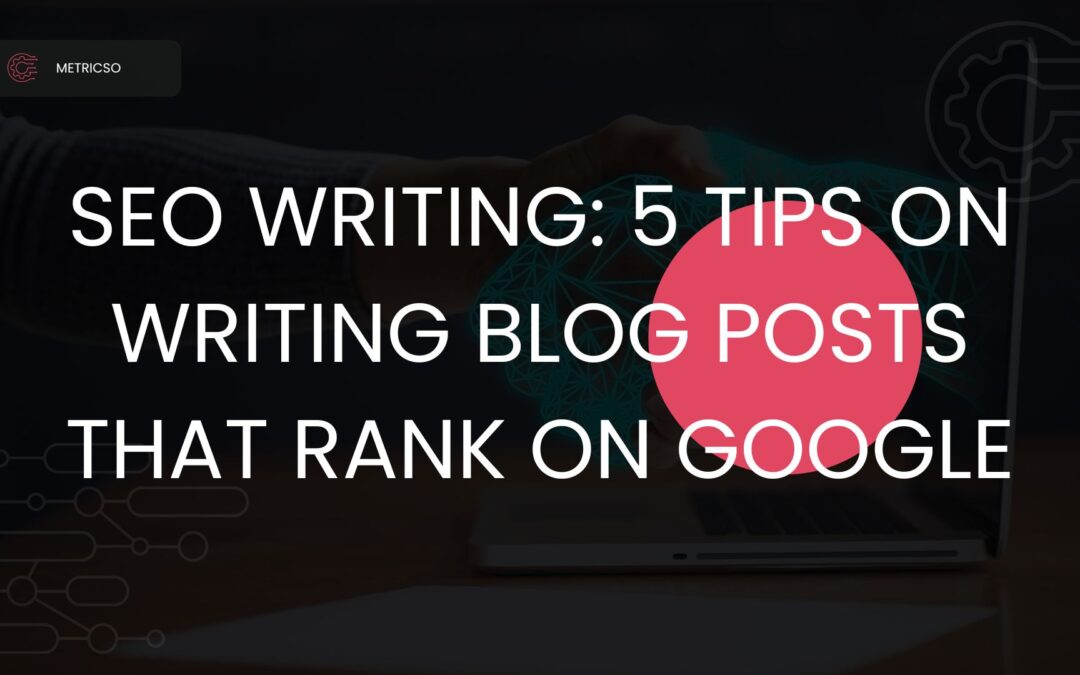Writing that is optimized for search engines is what is meant by the term “SEO writing,” which refers to the process of producing such material. Increasing the visibility and ranking of web pages in search engine results pages (SERPs) is the goal of this process, which entails the use of certain tactics and strategies.
The fundamental objective of search engine optimization, often known as SEO writing, is to draw in natural, or unpaid, traffic to a website by focusing on relevant keywords and phrases that visitors are actively looking for. Writers may boost the probability that their pages will show in search results when visitors type relevant queries if they carefully include these keywords into the content and employ them throughout the writing process.
Writing for SEO purposes also requires organizing the information in a manner that is simple for search engines to comprehend. This is an essential part of the process. This involves making use of headers and subheadings, as well as formatting methods such as bullet points and numbered lists, in order to render the text more scannable and accessible.
SEO Blog Writing Concepts
A specialist who specializes in the creation of material that is enhanced for its performance in search engines is known as an SEO writer. They have a profound comprehension of how search engines operate and always keep themselves up to speed on the most recent SEO best practices. SEO writers are adept in doing keyword research, adding keywords into the text in a natural way, and writing high-quality, engaging articles, blog posts, or web pages that please both search engines and human readers. These skills are necessary for successful SEO.
Take into consideration the following suggestions while writing content that is favorable to SEO:
MetricsO
Top 5 Tips

Research on keywords involves determining the terms and phrases that are pertinent to your issue and that your target audience is likely to use while looking for material that is linked to it. Finding popular keywords and determining the search volume and level of competition associated with such keywords may be made easier with the assistance of certain software programmes.
Implement a keyword strategy like follows: Integrate your goal keywords into the material in a way that seems natural. Put them in the title of the page, the headers, the meta description, and spread them out throughout the body of the content. However, you should avoid overusing keywords since doing so may have a bad influence on both readability and search engine optimisation.
Offer information that is of high quality and pertinent: Put your attention on producing content that is useful, instructive, and interesting and that fulfils the search intent of consumers. Make certain that your text is well-structured, simple, and devoid of grammatical mistakes as much as possible.
Optimise on-page elements: Pay close attention to on-page SEO features like title tags, meta descriptions, and alt tags for pictures, as well as URL structure and internal linking. These components provide search engines extra context, which in turn improves the overall search engine optimisation (SEO) of your material.
Increase the speed at which pages load since a slow page load time may have a detrimental impact on both the user experience and search engine rankings. To increase the speed at which your website loads, you should optimise your pictures, use caching strategies, and reduce the usage of unneeded scripts.
- Content Optimization
- Writing tips
Conclusions


